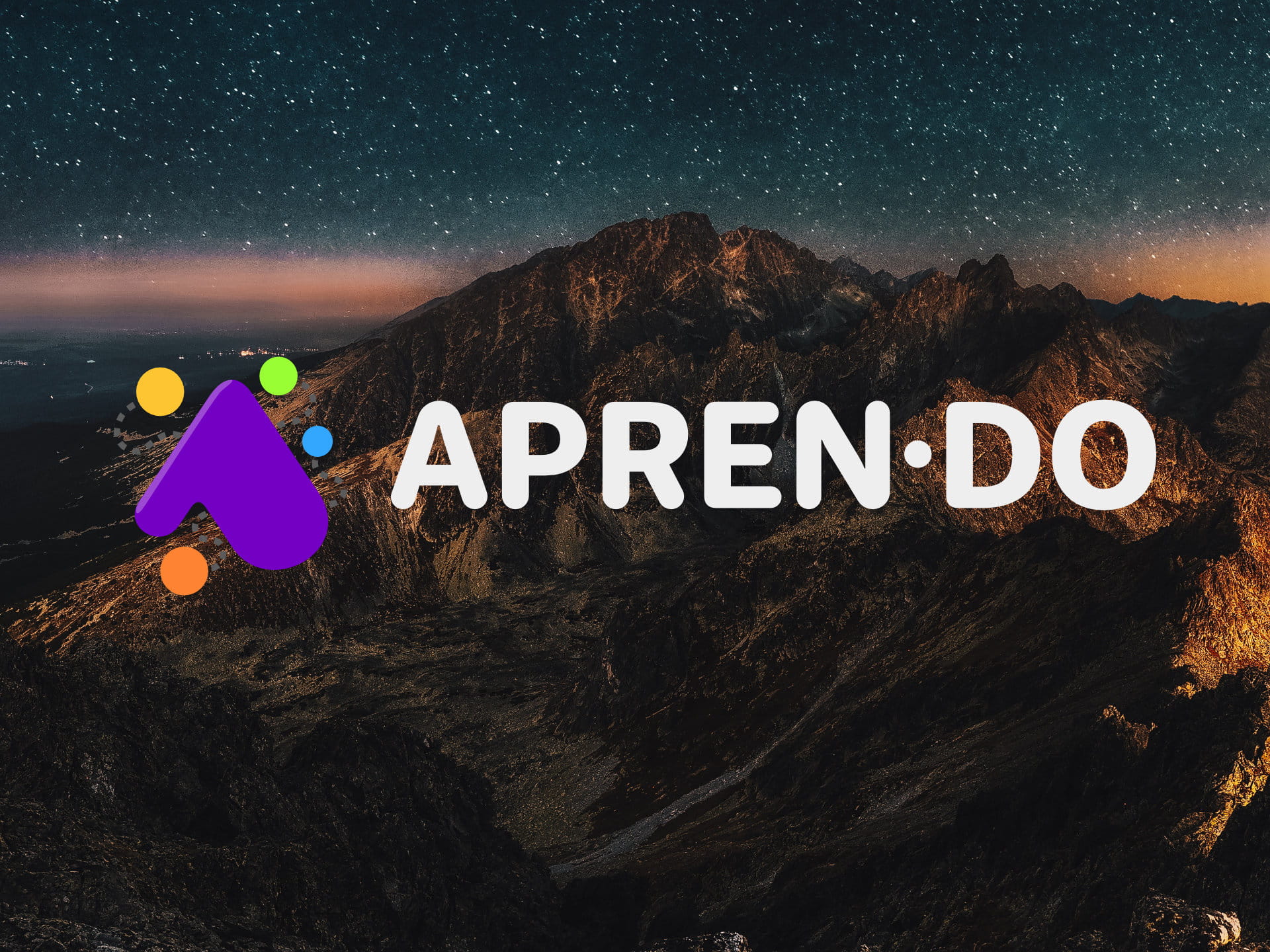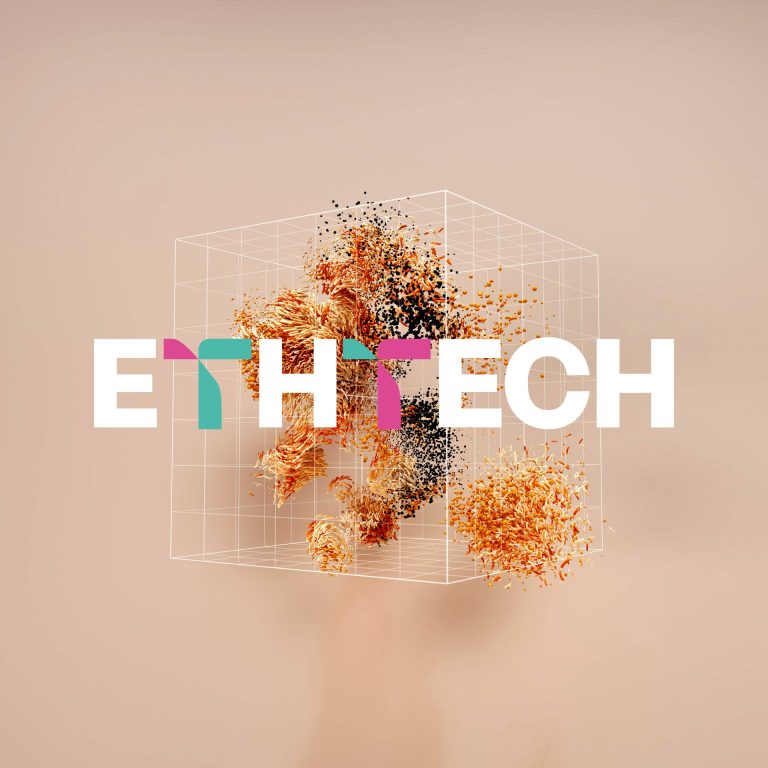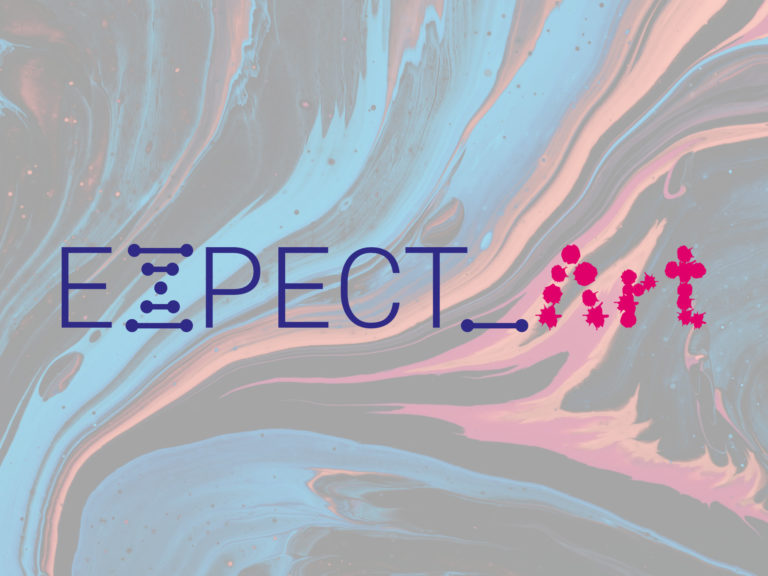Why is this project needed
The project tries to explain how teachers learn from evidence obtained in group situations, the classroom, the school and everyday life.
Through artistic methods, observations in both classrooms and the whole school, discussion groups and life stories to understand how teachers learn in and out of his work on:
- the disciplinary content;
- pedagogical referents;
- student learning;
- technologies, especially digital;
- the cultural and social dimensions;
- and their own references.
Through a systematic process of analysis and coding to reveal what, how and where teachers learn and the implications for improving educational relationships, process and learning outcomes and overall improvement in the quality of education.
The research perspective
- Maintain and deploy a complex conceptualization of the problem — how teachers learn.
- Consider teacher learning in a holistic and complex systems so that they go beyond explaining it using simple causalities.
- Addressing teacher learning in situated contexts (the classroom, exchange groups, …) rather than training situations planned by others. But also, and this is the most innovative aspect of this project, in the contexts and the social and cultural situations in which they are embedded.
- Consider the referent of change (learning related to change) from the nonlinear relationship between beliefs, practices and changes in students.
- Do not forget that learning is cyclical and not linear.
- Professional knowledge can not be separated from the personal, and the personal, cultural, social, technological, and even emotional and affective experiences.
Hypothesis
- Hypothesis 1. Knowing how teachers learn in different contexts can contribute to rethink their training and respond to the social challenges of school education.
- Hypothesis 2. Teachers’ learning takes place in the interaction of fields of knowledge and social, cultural and technological experiences that go beyond those directly related, as they usually are, with professional knowledge.
- Hypothesis 3. The use of artistic methods in research on how teachers learn can help to reveal aspects of the learning experience that otherwise would remain invisible.
General objectives
- Update and deepen the research concerning teachers’ learning to expand and link them to the new demands the teaching profession must face in a changing world.
- Mapping scenarios in which teachers learn to reveal their value as a source of knowledge and experience.
- Detect learning experiences of teachers in these scenarios and what perspectives on learning emerge.
- Explore ways of learning how teachers move between the stages / areas identified and their practices and professional decisions.
- Foreshadow the effects these transits may have to face the challenges of teacher training and respond to the challenges and changes that education faces in a complex digital world.
- Establish a framework for comparison between the ways of learning of teachers in early childhood, primary and secondary education, to systemically represent regularities and differences.
The research questions
- What does the literature (research and reports) on how teachers learn tell us?
- How do teachers learn in professional and everyday contexts?
- How do these modes of learning interact and transit?
- What is the role of others in these learning experiences?
- What role do the increasingly ubiquitous digital technologies have?
- What influences teacher learning?
- How do we represent systems that reflect the complexity of teacher learning?
- What do the artistic methods combined with other qualitative methods add to the process of describing the experience of how teachers learn?
- How research on learning experiences of teachers can help to meet the challenges posed today to teacher training and the changing demands of education to meet the challenges of contemporary society?
- What makes us think, what concepts allows us to emerge, the process of making the maps generated by teachers on their transits to learn inside and outside schools.
Results

Participants
Esbrina
- Fernando Hernández-Hernández (IP)
- Cristina Alonso Cano
- Alejandra Bosco Paniagua
- Joan-Anton Sanchez
- Fernando Herraiz Garcia
- Paulo Padilla Petry
- Juana Maria Sancho Gil
- Maria Domingo Coscollola
- Pablo José Rivera Vargas
- Raquel Miño Puigcercòs
- Judith Arrazola Carballo
- Xavier Giró Gràcia
- Judit Onsès
- Carlos Canales Bonilla
- Aurelio Castro Varela
Elkarrikertuz
- Aingeru Gutierrez
- Asun Martinez
- Begoña Ochoa-Aizpurua
- Daniel Losada
- Estibaliz Aberasturi
- José Miguel Correa Gorospe
- Josu Sanz
- Lorea Fernández
- Luispe Gutierrez

1st SUBPROJECT
Cómo aprenden los docentes de secundaria: Implicaciones educativas y retos para afrontar el cambio social
Esbrina
2nd SUBPROJECT
Cómo aprenden los docentes de infantil y primaria: Implicaciones educativas y retos para afrontar el cambio social
Elkarrikertuz
Ministerio de Economía y Competitividad / EDU2015-70912-C2-1-R



